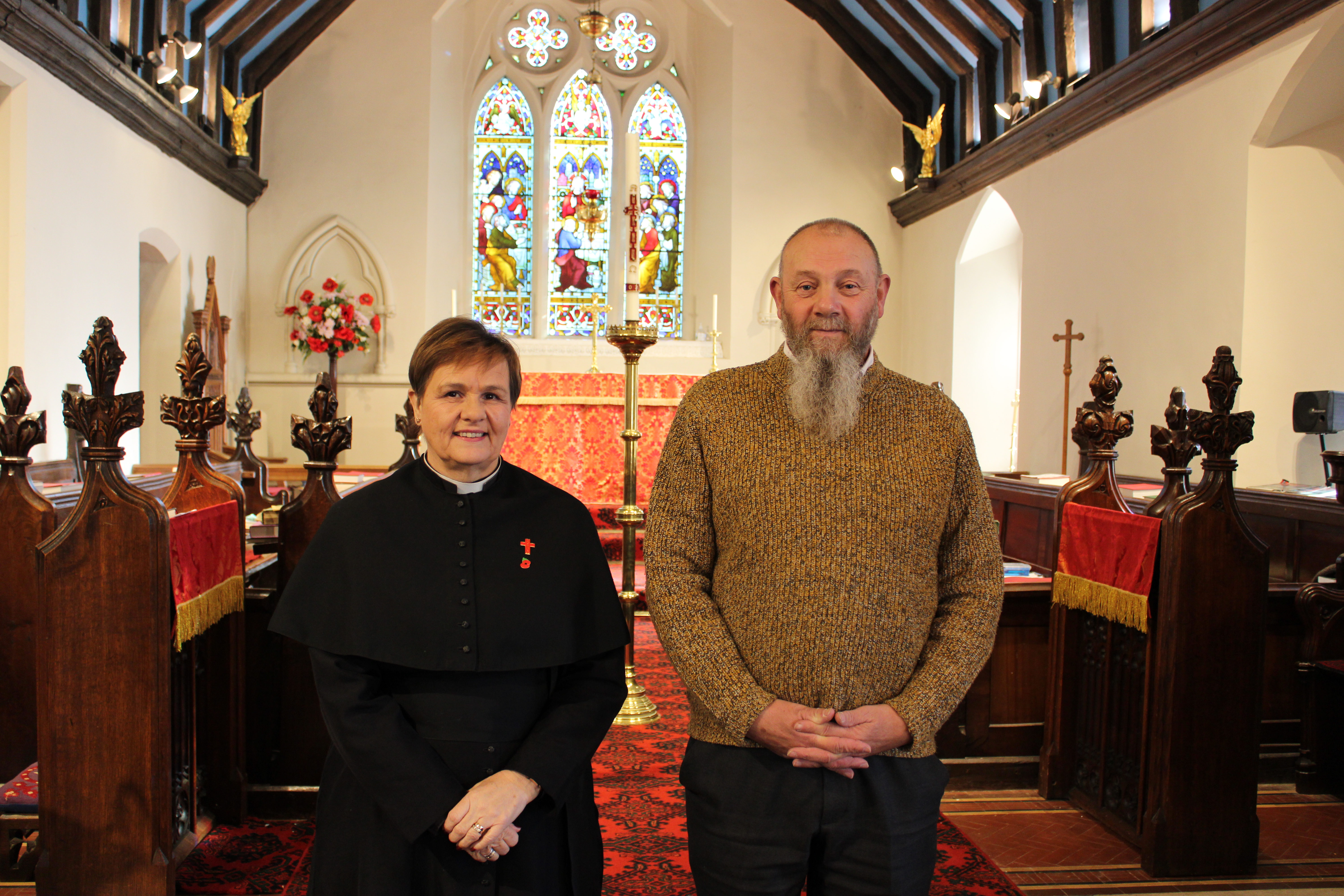 A Suffolk Funeral Director has praised the close relationships the profession builds with local clergy to ensure those who have passed away get a fitting send off.
A Suffolk Funeral Director has praised the close relationships the profession builds with local clergy to ensure those who have passed away get a fitting send off.
Alec Butcher, an Ipswich-based independent Funeral Director, said funerals had changed over his more than three-decade-long career and were now much more personalised to the individual. He said the Church of England had ‘changed with the times’ in recent years and that fostering a close working relationship with clergy was crucial in supporting families to grieve properly.
“I started doing funerals 35 years ago and our relationship with the church has grown stronger and stronger since then, particularly with clergy,” he said. “It used to be clergy were stricter on what they would allow in a funeral, but they have changed with the times. As funerals have become more of a celebration of life, the nature of funerals has changed. We now have the opportunity to include secular music and secular readings alongside the usual content and they are much more personalised to each individual.”
Alec said he was sceptical of the emergence of low-cost, ‘direct’ funerals and cremations, as he feels families are left with a ‘vacuum’.
“With direct cremations, I never thought it would take off but they are now doing 20% of funerals - which is astounding. In some cases, very rare cases, they are the right thing to do. But rushing the funeral and getting back to work can leave you with an emptiness, a complete vacuum.”
The Revd Mary Sokanovic, from St Mary’s Church in Whitton, said: “Funerals are much more complex than people think. I have often had people come up to me after a funeral and say ‘we didn’t realise how much we needed that’. Funeral directors have a lot to juggle so working in partnership with clergy is very important. These close working relationships mean we can develop a funeral that suits the individual, giving the family the chance to have some closure and move on to the next steps of their lives".
Mary added that, in psychological terms, funerals offer an important opportunity for the brain to process emotions and memories in a healthy way.
Alec said: “There are death rituals in every society and have been as long as there have been humans. When your whole life is torn apart you need something to fall back on, which is the system. The world is changing and we are modern people in modern times but still we use rituals to gather together for important moments. That period of time helps you process the event and the memory.”
For more information please visit our Bereavement website page here.